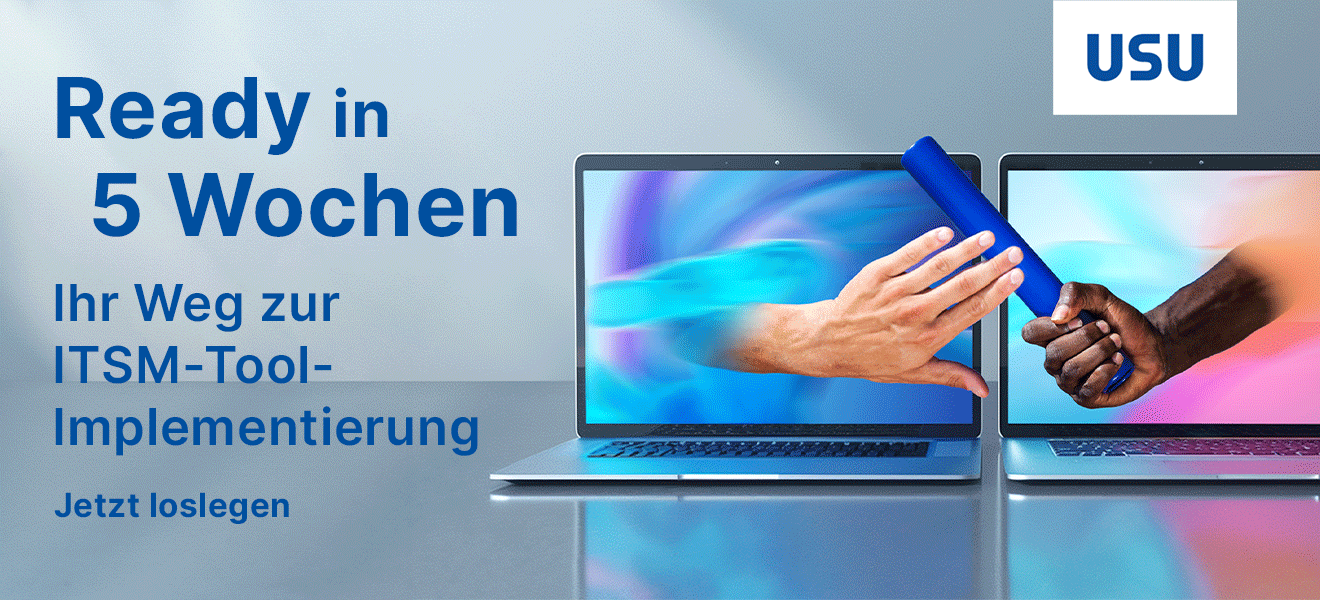- Die Einführung von Mobilgeräten am Arbeitsplatz ist noch nicht ausgereift.
- Desktop-PCs sind immer noch die beliebtesten Business-Geräte in Unternehmen.
 Laut einer aktuellen Studie des IT-Research und Beratungsunternehmens Gartner ist die Einführung von Mobilgeräten am Arbeitsplatz bis jetzt noch nicht ausgereift. Obwohl 80 Prozent der in der Studie befragten Mitarbeiter angaben, dass sie ein oder mehrere Geräte vom Unternehmen gestellt bekommen, sind Desktop-PCs immer noch die beliebtesten Business-Geräte in Unternehmen – denn mehr als die Hälfte der Mitarbeiter erhielten Desktop-PCs vom Unternehmen.
Laut einer aktuellen Studie des IT-Research und Beratungsunternehmens Gartner ist die Einführung von Mobilgeräten am Arbeitsplatz bis jetzt noch nicht ausgereift. Obwohl 80 Prozent der in der Studie befragten Mitarbeiter angaben, dass sie ein oder mehrere Geräte vom Unternehmen gestellt bekommen, sind Desktop-PCs immer noch die beliebtesten Business-Geräte in Unternehmen – denn mehr als die Hälfte der Mitarbeiter erhielten Desktop-PCs vom Unternehmen.
Die Ergebnisse der Studie basieren auf der »Personal Technologies Study 2016« von Gartner, die von Juni bis August 2016 unter 9.592 Teilnehmern aus USA, UK und Australien durchgeführt wurde.
Im Gegensatz zu der hohen Anzahl von Business-PCs am Arbeitsplatz erhalten vergleichsweise nur wenige Mitarbeiter Mobilgeräte. Der Großteil der Smartphones, die am Arbeitsplatz genutzt werden, sind private Geräte – nur 23 Prozent der Mitarbeiter gaben bei der Studie an, dass sie Smartphones vom Unternehmen erhalten haben. »Die niedrige Zahl von Business-Mobilgeräten unterstreicht die Tatsache, dass am Arbeitsplatz meist private Mobilgeräte genutzt werden,« erläutert Mikako Kitagawa, Principal Research Analyst bei Gartner. »Tatsächlich verlassen sich mehr als die Hälfte der Mitarbeiter, die Smartphones bei der Arbeit nutzen, ausschließlich auf ihre privaten Smartphones.«
Gartner Survey Shows That Mobile Device Adoption in the Workplace Is Not Yet Mature
Mobile device adoption in the workplace is not yet mature, found a recent survey from Gartner, Inc. Although 80 per cent of workers surveyed received one or more corporate-issued devices, desktops are still the most popular corporate device among businesses, with more than half of workers receiving corporate-issued desktop PCs.
The survey findings are based on the 2016 Gartner Personal Technologies Study, which was conducted from June to August 2016 among 9,592 respondents in the US, the UK and Australia.
Thirty-six per cent of workers received laptops, including convertible laptops. Adoption of convertible laptops as a corporate-issued device is still very low, but has been gradually increasing. Gartner analysts expect that more employees will receive convertible laptops in the next three years, driven by the Windows 10 refresh that can enhance the user experience with touch-based input. Adding desktops and laptops (including convertible laptops) together, 75 per cent of workers will receive at least one PC-type device in mature countries.
In contrast to the high numbers of corporate-issued PCs in the workplace, relatively few workers receive mobile devices. The majority of smartphones used in the workplace are personally owned devices — only 23 per cent of employees surveyed are given corporate-issued smartphones.
»The low adoption of corporate-issued mobile devices underlines the fact that large numbers of personally owned mobile devices are used in the workplace,« said Mikako Kitagawa, principal research analyst at Gartner. »In fact, more than half of employees who used smartphones at work rely solely on their personally owned smartphones.«
The usage rate of personally owned tablets lags behind that of personally owned smartphones. Only 21 per cent of employees use tablets — regardless of whether they are corporate issued or personally owned.
»In the era of mobility, it comes as something of a surprise that corporate usage of smartphones and tablets is not as high as PCs, even when the use of personally owned devices is taken into account,« said Ms Kitagawa. »While it’s true that the cost of providing mobile devices can quickly escalate, proper usage of mobile devices can increase productivity, which can easily justify the extra costs.«
When employees are provided with corporate-issued devices, they are generally happy with the devices that they receive. Less than 20 per cent of respondents said they were dissatisfied with their employer-provided devices. The satisfaction level is higher with tablets and smartphones compared with desktop and laptops.
»Usage of personally owned devices in the workplace is nothing new, but the survey results confirm that this trend has become a new workplace standard. Two-thirds of survey respondents said that they use a personally owned device or devices for work,« said Ms Kitagawa. »Smartphones and phablets are the most popular personally owned devices used for work, with 39 per cent of employees using them, compared with just 10 per cent who are only using corporate-issued smartphones and phablets.«
Gartner clients can read more in the report »User Survey Analysis: Mobile Device Adoption at the Workplace is Not Yet Mature.«
Neuer EU-Datenschutz wird Anforderungen an BYOD massiv erhöhen
Fünf Gründe, warum Secure Workspaces BYOD effizient und sicher machen
Tragbares Datenleck: Viele Smartphones sind potenzielle Datenbomben
D21-Digital-Index 2016: Unternehmen müssen zur Digitalisierung der Mitarbeiter beitragen
Umfrage bestätigt: Aufklärungsarbeit für mehr Cybersicherheit zeigt Wirkung
Unternehmen überprüfen mobile Anwendungen nicht auf gefährliches Verhalten
Mobile Endgeräte stellen ein erhebliches Sicherheitsrisiko für Unternehmen dar
